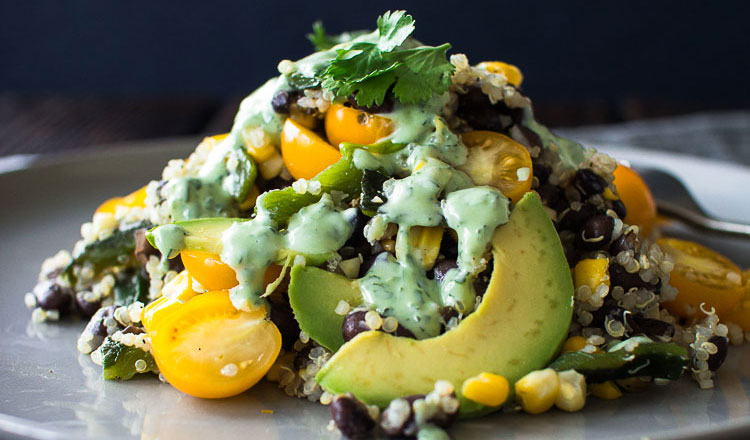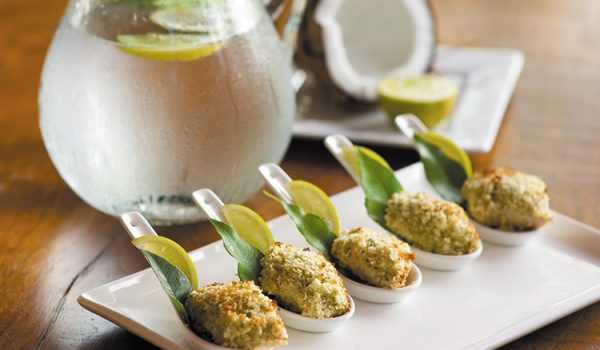But did you know that a healthy diet, physical activity and regular screening could lower your bowel cancer risk?
In fact, it’s estimated that changes in diet and physical activity could reduce your risk of bowel cancer by up to 75 per cent, says Teresa.
Teresa recommends following the Australian National Guidelines for Healthy Eating and including these five science-backed foods that have been identified to help lower bowel cancer risk:
- Pulses (legumes)
Pulses, also known as legumes, are high in protein, fibre and minerals such as iron, potassium, magnesium and zinc.
In Australia, the most commonly grown pulses are chickpeas, faba or broad beans, peas, lentils, lupin and mung beans. Also popular are kidney beans, soy beans, peanuts, and even wattle seeds, which are considered pulses as well.
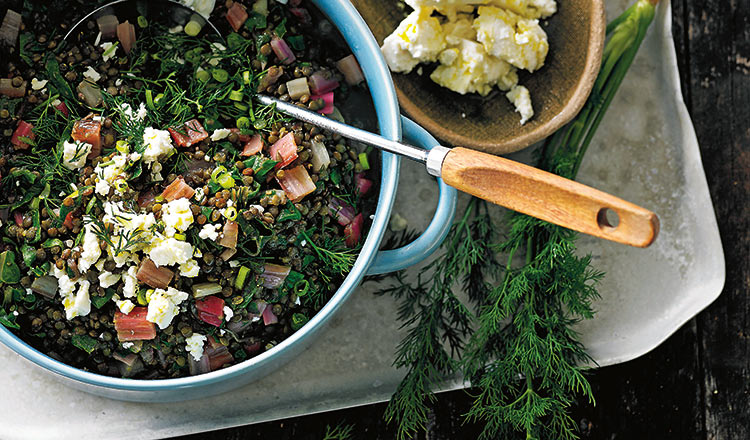
Pulses contain resistant starches, which help keep the bowel healthy by:
- Lowering the pH of the colon – to prevent damage in the colon lining
- Producing short chain fatty acids (SCFA) acetate, propionate and butyrate which give a healthy food supply to colon cells
- Reducing inflammation in the colon, reducing risk of DNA damage and possibly reducing the risk of cancer (along with other factors).
To keep the bowel healthy, Teresa says it’s best to eat pulses cooked then cooled. If you eat them hot the starch is not resistant to stomach acid and they will get digested and you will lose most of the healthy benefits.
- Wholegrains
Wholegrain or wholemeal rice, oats, pasta, bread, cous cous and breakfast cereals contain dietary fibre, which has been shown to protect against bowel cancer.
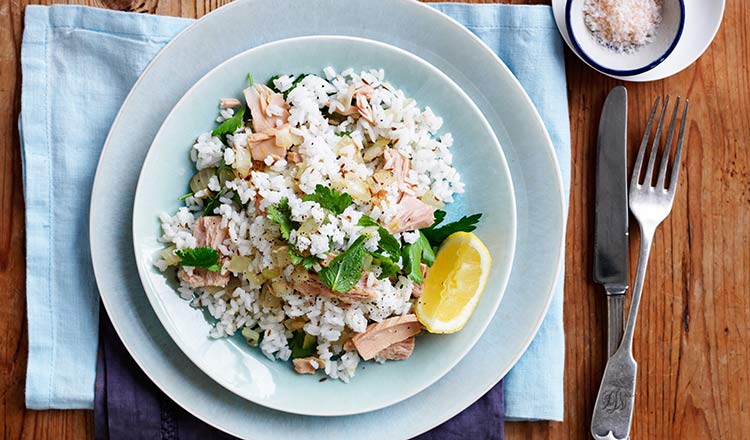
In a 2011 report, the World Cancer Research Fund concluded that, based on a meta-analysis on wholegrains, there was a 21 per cent decreased risk per three servings per day for colorectal (bowel) cancer.
- Garlic
There is probable evidence that garlic can protect against bowel cancer. Studies show that the allyl sulphides in garlic effectively inhibit colon tumour formation, and may inhibit certain cell line growth.
The World Health Organisation’s (WHO) guidelines for adults is:
- a daily dose of 2-5 grams of fresh garlic (approx. 1 clove);
- 4-1.2g of dried garlic powder;
- 2-5 mg of garlic oil;
- 300 to 1,000mg of garlic extract;
- or other formulations that are equal to 2-5mg of allicin (the active component).

4. Milk and calcium
The World Cancer Research Fund states that milk and calcium probably protect against bowel cancer.
In their review of the available studies they found that drinking 200g of cow’s milk per day could lead to a 9 per cent decreased risk of bowel cancer. Scientists believe that the effect of milk in reducing bowel cancer risk is related to the calcium content, which may control cell growth. Milk also contains other bioactive properties, which may also play a role.
A review of the current literature shows that consuming calcium, either from food products or supplements, can lead to a 22 per cent decreased bowel cancer risk.
Try adding 2 ½ serves of calcium, other than milk, to your diet every day. This could include calcium supplements, yoghurt, or even calcium rich vegetables such as broccoli, or soy products such as tofu, and even the bones of canned salmon or sardines.
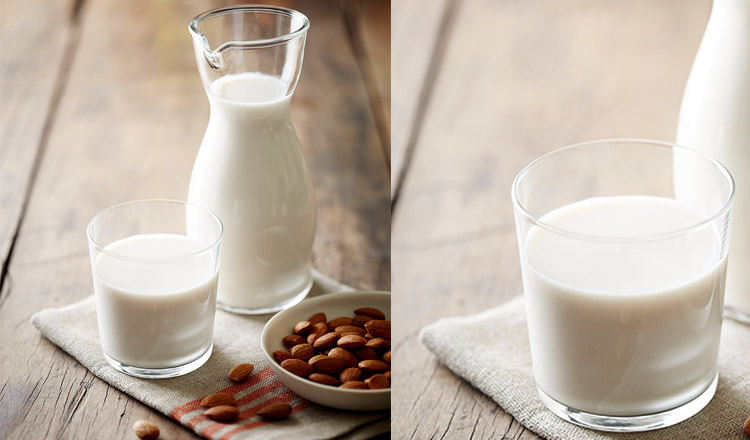
5. Non-starchy vegetables
There is limited evidence suggesting non-starchy vegetables, such as green, leafy vegetables, broccoli and fruits protect against bowel cancer.
It’s not known exactly why non-starchy vegetables and fruits are beneficial, but it is most likely a combination of protective qualities in these foods that may prevent bowel cancer. This includes dietary fibre, which is proven to reduce the risk of bowel cancer, folate, selenium, flavonoids and antioxidants, to name a few.
Fruits also contain antioxidants, which trap free radicals and protect against oxidation damage. They are also rich in vitamin C and other potentially bioactive phytochemicals, which may add to their protective qualities.
Aim to eat at least five serves, or 400 grams of a variety of non-starchy vegetables and two serves of fruit per day.
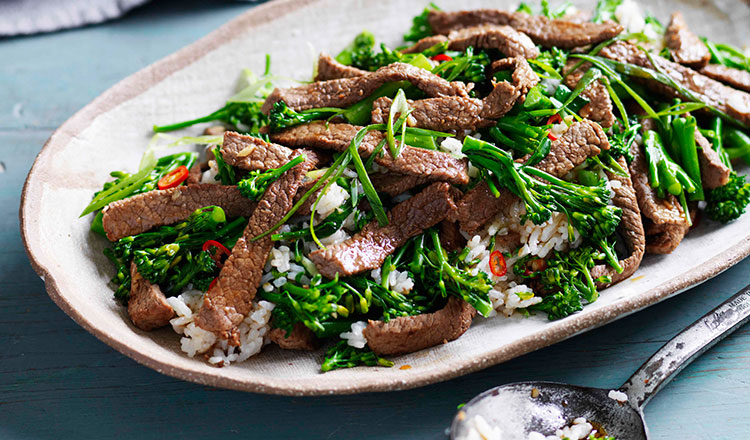
For more information and guidelines, visit Bowel Cancer Australia.

